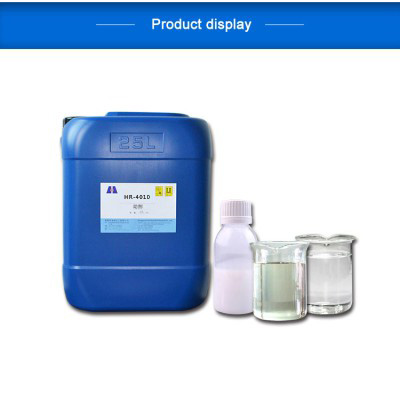替换城市 Principle and influencing factors of special paint defoamer agents for paints(3)
non-silicon
leveling
wetting
Explanation in reference book
An agent that promotes the uniform dispersion of material particles in the medium to form a stable suspension. Dispersants are generally divided into two categories: inorganic dispersants and organic dispersants. Commonly used inorganic dispersants include silicates (such as water glass) and alkali metal phosphates (such as sodium tripolyphosphate, sodium hexametaphosphate, and sodium pyrophosphate). Organic dispersants include triethylhexyl phosphoric acid, sodium dodecyl sulfate, methyl pentanol, cellulose derivatives, polyacrylamide, gum, fatty acid polyethylene glycol esters, etc.

Most surfactants used in coatings tend to be functionally incompatible with paint defoamer. In particular, emulsifiers, wetting and dispersing agents, leveling agents, thickeners, etc. can have an impact on the effectiveness of defoamers. Therefore, when coordinating various additives, it is necessary to pay attention to the relationship between different additives and select a good balance point.
anti-cratering
powder
Baking temperature
When the paint is baked at high temperature at room temperature, its viscosity will drop at the beginning, and bubbles can move to the surface. However, because of the volatilization of solvent, the curing of paint, and the increase of surface viscosity, the foam will become more stable and retain on the surface, resulting in shrinkage and pinholes. Therefore, the baking temperature, fixing speed, and solvent volatilization rate also have an impact on the effect of defoamer.
